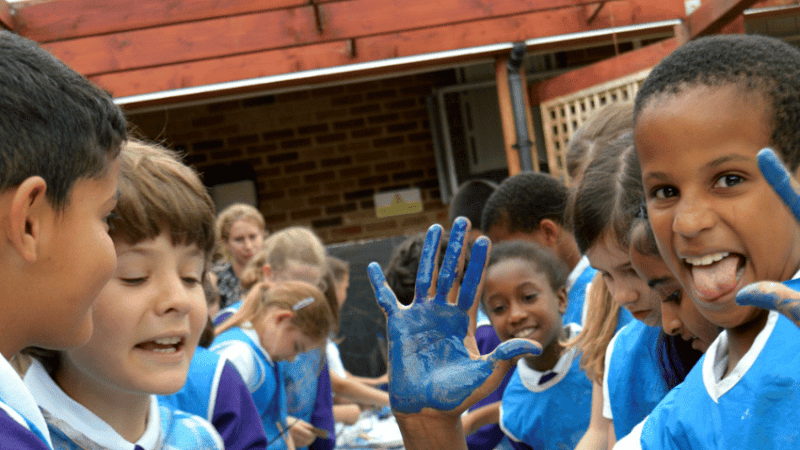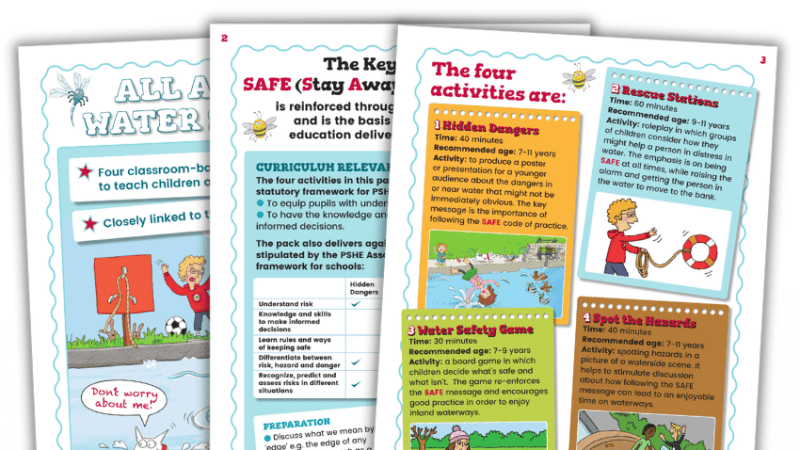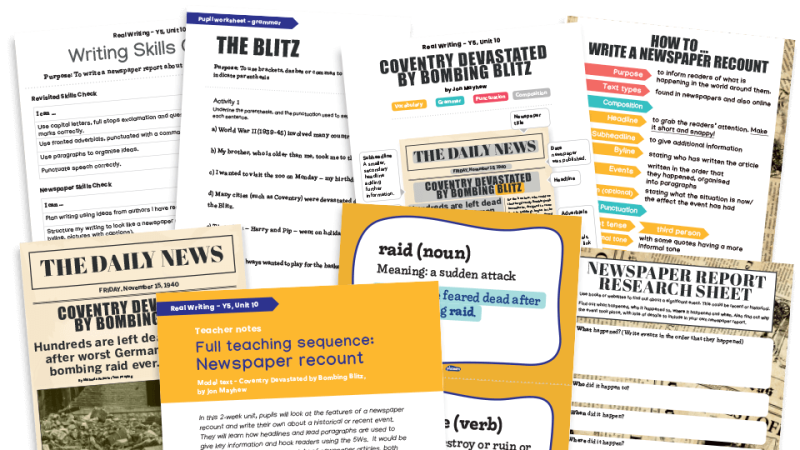8 Ways To Succeed In Your New Early Years Career

Just embarked on a career teaching in the Foundation Stage? Allow Claire Farman to share some helpful pointers

1 | Get organised
Any Foundation Stage teacher will tell you their cupboards are full of scribbled observations and sticky notes with details of the wonderful things they’ve seen or heard from their class.
Think ahead about how to store your paper evidence; clearly divide and label files by pupil names or curriculum areas to help you pull together all of these more informal documents at the end of the year, even if the setting also makes use of digital observation tools.
2 | Pace yourself
Hopefully, you’re brimming with creative ideas and raring to get started. Remember, though, starting school is a daunting (if exciting) time for children and parents, and we can have a tendency to be a little overambitious in our plans for those first few weeks.
Rather than filling your plans with an unrealistic amount of activities, concentrate on quality learning opportunities and allow time to interact meaningfully with every child.
Crucially, try to keep a firm cap on the amount of work you do out of school hours in order to avoid burning out.
3 | Ask the children
How should your outdoor area look? What construction resources should you provide? In Foundation the questions seem never-ending, but you don’t have to come up with all the answers alone.
Don’t be afraid to speak to the children and take on board their ideas about everything, from what they’d like the environment to look like, to what they’d like to learn about or how to organise snack-time.
4 | Wrap up!
Anybody working in early years will tell you that lots of children simply love to work and play in the outside area, whatever the weather. Activities such as catching snowflakes on coloured paper, filling buckets with rain or whizzing scooters around an obstacle course all have one thing in common – you’re going to need a decent coat. Keep waterproofs, hats and gloves in school, layer up alongside the children and join in the fun.
5 | Read a story
With fast-paced days and a whole curriculum to think about, it’s easy to bypass the traditional daily story time. Ensure you dedicate a timeslot to sharing picture books, and preserve it as far as possible. After all, it’s guaranteed there will be few other times when your class are as calmly engaged as when they’re listening to a favourite story. It’s the perfect way to end the day.
6 | Accept help
You’ve chosen a role that’s physically demanding, mentally tiring and, at times, emotionally draining. Let people lighten the load where possible.
Lots of settings foster great relationships with parents or carers who are keen to volunteer or to support trips. Experienced colleagues may offer tried-and-tested advice, and you may even be lucky enough to work directly alongside a teaching assistant.
Take these opportunities where they arise rather than feeling that you are expected to do it all alone.
Divide tasks appropriately and accept that successful classrooms are never a one-man show.
7 | Embrace unpredictability
When working in Foundation, even the best laid plans can go awry. There’s no accounting for children having accidents, lesson plans falling flat or technology failing.
Sometimes, you simply have to think on your feet. Have a bank of trusted games, songs and activities ready to use on such occasions.
Don’t worry if the role play area you’ve spent hours creating isn’t used exactly as you intended – some of the most meaningful learning stems from allowing the children to explore their interests, even if the activity turns out to be nothing like you originally intended.
8 | Have fun!
The very best way of getting to know your children is undoubtedly through embracing their carefree world and having a little fun! Ultimately, it’s what makes the year so memorable for you and the children.
Whether it’s through dressing as a wizard, crawling under a parachute or singing like a frog, you can’t survive in early years without a healthy dose of silliness!
Claire Farman is EYFS Coordinator at Nottingham High School.












